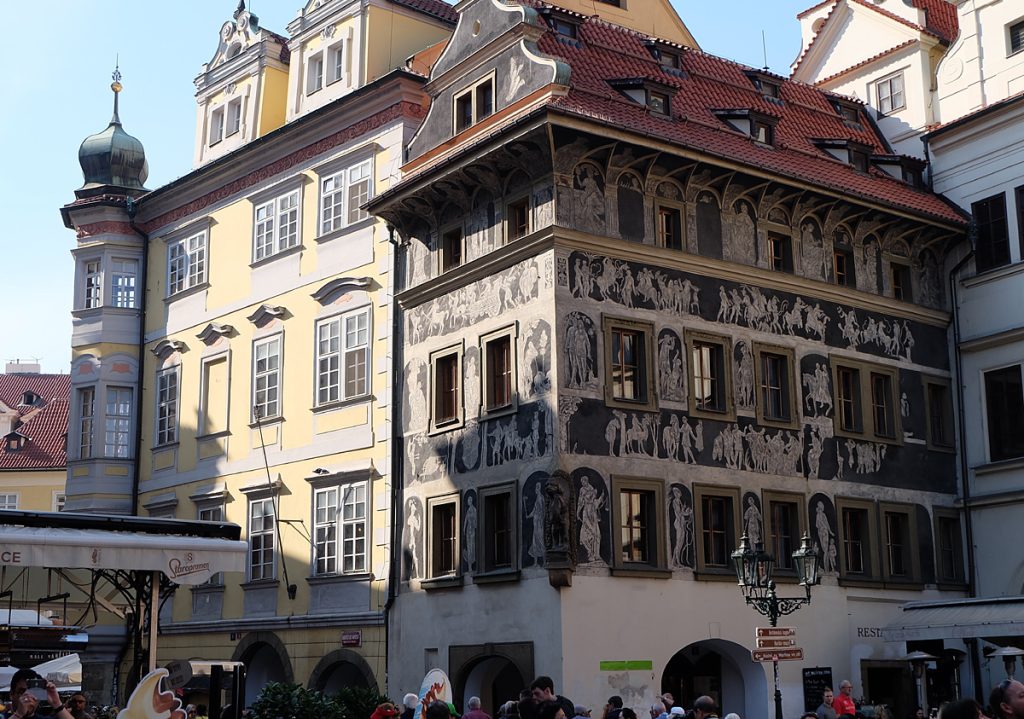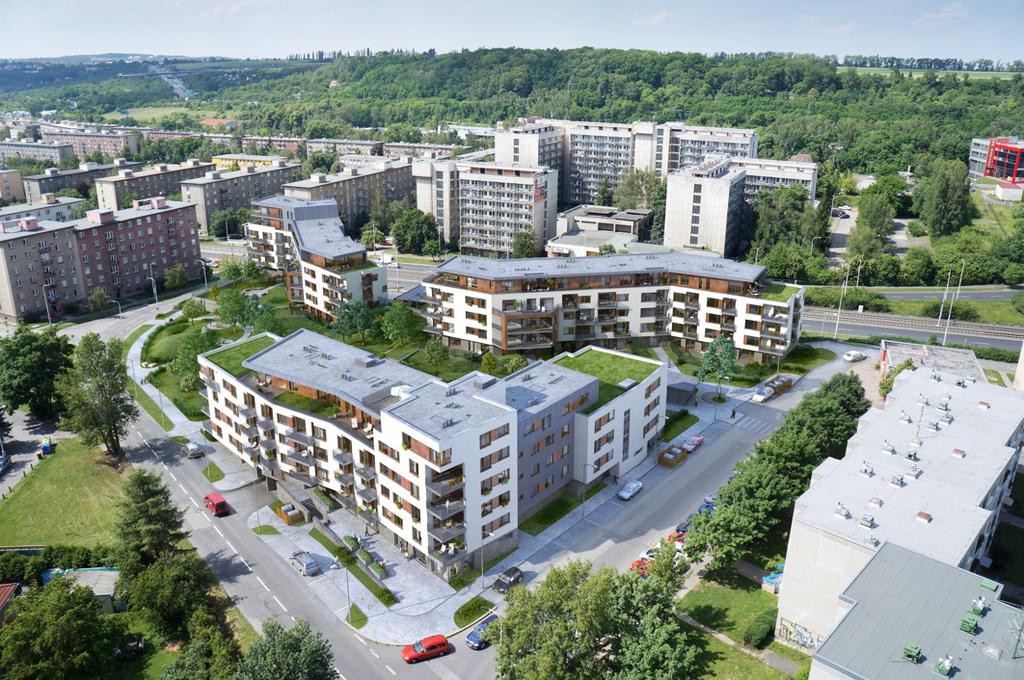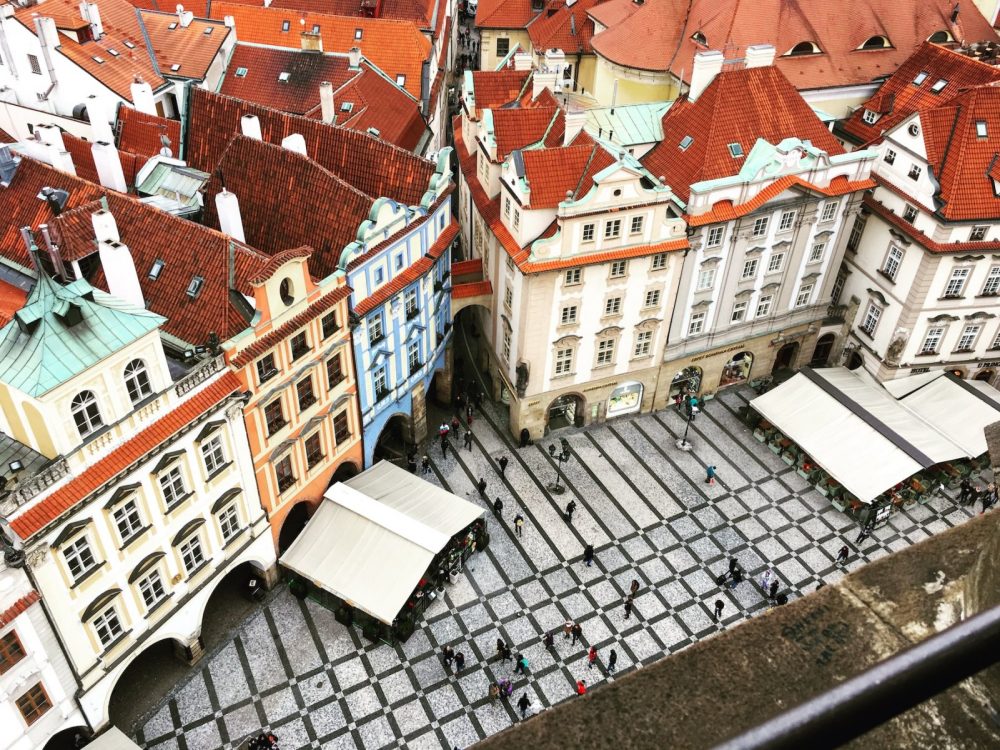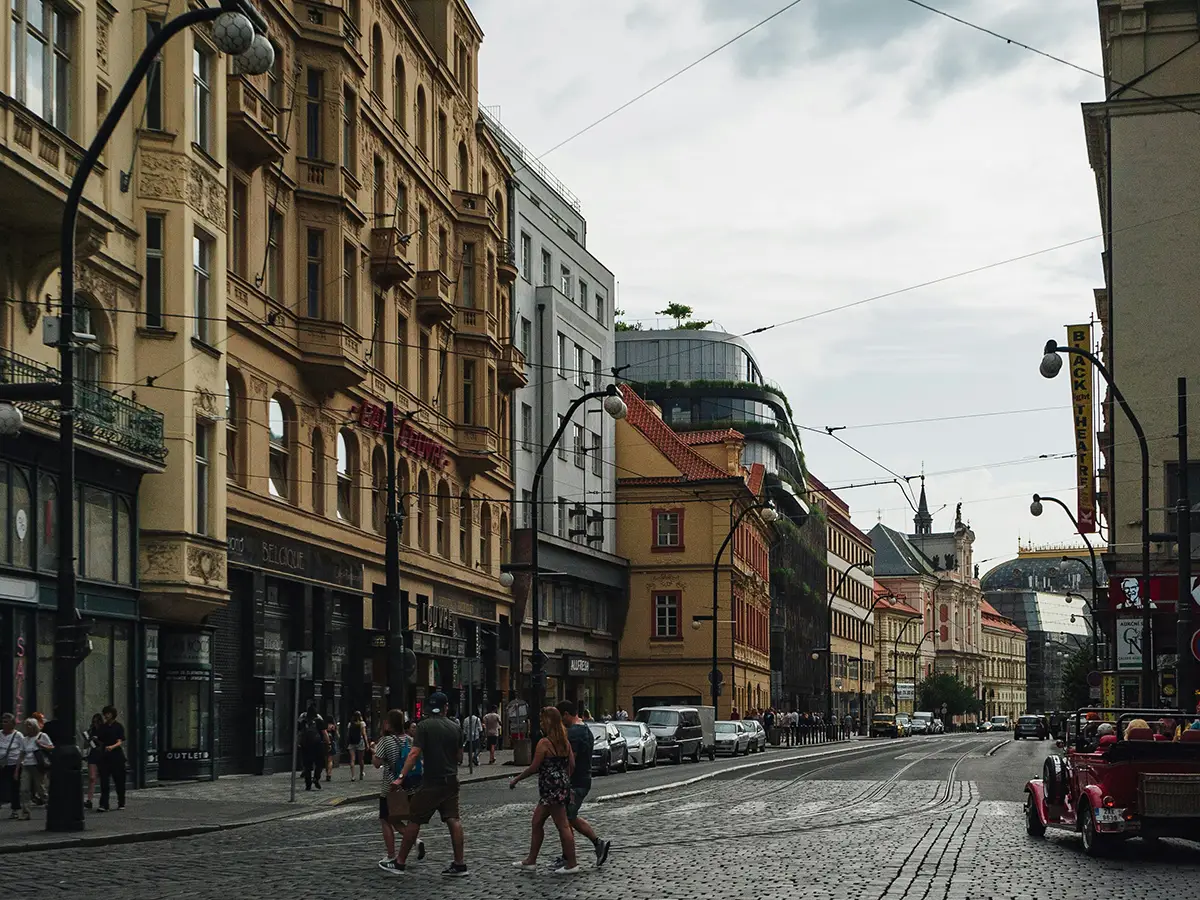The international property market has long ceased to be the prerogative of transnational corporations. Today, private investors are actively using the advantages of investing in foreign commercial property to create a stable passive income, protect capital and multiply assets in conditions of global economic turbulence. Investing abroad is not just an alternative to bank deposits and the stock market. It is a way to fix capital in real assets that generate income regardless of political and currency fluctuations.
Advantages of investing in commercial property abroad: strengths of the strategy
Investing in overseas commercial property becomes a powerful tool to increase your wealth, especially if you choose the right location and assess the risks correctly.
Key advantages:
-
High yields: rental rates for commercial properties consistently exceed 5-8% per annum, even in developed economies.
-
Asset appreciation: liquid property is growing in value faster than inflation, especially in dynamic cities in Europe and Asia.

-
Financial independence: regular income does not depend on the volatility of stock markets and the exchange rate of the national currency.
-
Access to international lending: buying with mortgage finance from banks in the country of acquisition allows for increased profitability of the transaction.
-
Tax planning flexibility: utilising optimal tax regimes reduces the burden on profits and inheritance of assets.
The pros of investing in overseas commercial property unlock the potential for long-term growth and make such investments a mainstay for future generations.
Why the Czech Republic: a country where capital feels secure
 The Czech Republic occupies a special place on the international investment map due to its balanced combination of profitability, stability and legal protection.
The Czech Republic occupies a special place on the international investment map due to its balanced combination of profitability, stability and legal protection.
The advantages of the Czech Republic for investors:
-
High rental yields: commercial properties in Prague and Brno show rates of 6-7% per annum.
-
Strong economy: one of the lowest unemployment rates in the EU and stable GDP growth ensure strong demand for office and retail space.
-
Simplified processing: non-residents purchase property through a clear procedure without hidden barriers.
-
Reliable protection of property rights: Czech law protects investors on an equal footing with Czech citizens.
-
Tax benefits: no capital gains tax on sale after five years of ownership.
Conclusion: overseas commercial property investment in the Czech Republic turns into a profitable, reliable and long-term capital management tool.
Passive income as one of the advantages of investing in overseas commercial property
Commercial property abroad generates a stable cash flow due to rents and growth in asset value. Average passive income rates range from 5% in conservative EU countries to 12% in rapidly developing regions. In the Czech Republic, leasing space in shopping centres yields 6-7% per annum with minimal risks and high solvency of tenants.
The passive income model is built on simple principles such as:
-
Long-term lease with automatic indexation of rates to the inflation rate.
-
Minimise downtime through professional facility management.
-
Ability to use the property as collateral to obtain lines of credit for new investments.
The benefits of investing in overseas commercial property are particularly evident in the stability of profits even against the backdrop of global economic turmoil.
Investment diversification: a shield against global crises
Forming an international portfolio reduces overall risks and increases average returns.
Diversification principles:
-
Geographic: investing in different countries with different economic cycles.
-
Sectoral: purchase of objects of different types – offices, hotels, retail premises.
-
Currency: distribution of income in dollars, euros, kroner and other currencies.
Creating such a portfolio allows you to protect capital and even increase its value during economic downturns. Diversification of investments turns foreign commercial property into a universal asset capable of adapting to any conditions on the world markets.
Growth in the value of overseas commercial property: the pros of investing
The increase in the value of commercial property is another source of profit for the investor.
Growth factors:
-
Development of infrastructure around the site.
-
Growth of tourist flow and population in the region.
-
A programme to modernise buildings and improve service standards.
In the Czech Republic, the value of commercial property in Prague has increased by an average of 35% over the last five years, and in Brno by 28%. This growth enhances the overall return on investment without the need for additional investments.
Examples of countries for investment: a brief guide
Creating an effective investment portfolio requires choosing the right markets. List of regions where the advantages of investing in overseas commercial property are particularly pronounced:
-
Czech Republic: stability, profitability and high legal protection.
-
Cyprus: attractive tax rates and residence permit by investment programmes.
-
Greece: booming growth after reforms and affordable start-up prices.
-
Thailand: a dynamic rental market in tourist areas with a high flow of holidaymakers.

-
Germany: benchmark legal protection and stability of the rental market.
The variety of jurisdictions allows you to assemble a portfolio that can weather any economic storm.
Overseas commercial property – advantages of investment
 The pros of investing in overseas commercial property turn an asset into a foundation of long-term wealth. Yield, stability, capital protection and appreciation create a strong financial foundation. Special attention should be paid to the Czech Republic, a country that combines all the advantages for international investors: a stable economy, transparent legislation and high demand for commercial leases.
The pros of investing in overseas commercial property turn an asset into a foundation of long-term wealth. Yield, stability, capital protection and appreciation create a strong financial foundation. Special attention should be paid to the Czech Republic, a country that combines all the advantages for international investors: a stable economy, transparent legislation and high demand for commercial leases.
 en
en  ru
ru  de
de  ar
ar  es
es  nl
nl  hi
hi  fr
fr  it
it  pt
pt  el
el 









